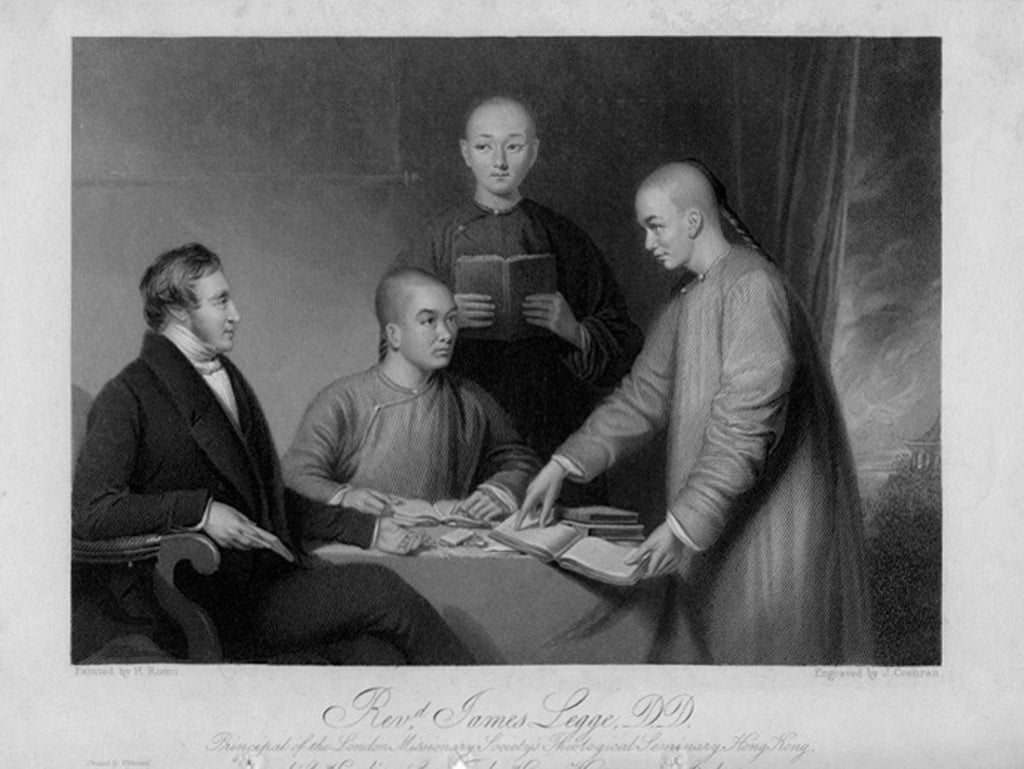Reflections | If Carrie Lam is ‘governing without action’, it is not working very well
- The Taoist philosophy is best understood as taking minimum action and leaving things to run their natural course
- But in testing times the passive approach might not be advisable – as evidenced by Hong Kong’s current situation

The unrest in Hong Kong has gone on for more than half a year. The failure of the SAR government, led by Chief Executive Carrie Lam Cheng Yuet-ngor, to put a stop to the chaos and destruction and work with all parties has perplexed and angered even its allies. Apart from routine statements and half-hearted attempts at alleviating society’s political grievances and economic hardships, the government seems to be doing nothing.
Among the models of governance from China’s past that are hailed as great examples of statecraft was one inspired by Taoist philosophy, called “governing without action” (wu wei er zhi 無爲而治). It is credited with bringing about several periods of great peace and prosperity, such as the reigns of Western Han dynastyemperors Wen and Jing (180-141BC), the Tang dynasty’s Zhenguan era (627-649), the reigns of Ming dynastyemperors Renzong and Xuanzong (1424-1435), and several others.
The “non-action” of Lam and her team is obviously not the same thing. So, what is “governing without action”?
The concept is elucidated in Dao De Jing, an important text in Taoism whose authorship is traditionally attributed to Lao Tzu, the semi-legendary sage who purportedly lived in the 6th century BC. According to a ruler cited in a section of the book on state governance (and I quote from James Legge’s 1891 English translation): “I will do nothing, and the people will be transformed of themselves; I will be fond of keeping still, and the people will of themselves become correct. I will take no trouble about it, and the people will of themselves become rich; I will manifest no ambition, and the people will of themselves attain to the primitive simplicity.”

“Governing without action” is not simply doing nothing. It is better understood as taking minimum action and leaving things to run their natural course. The best thing a ruler could do, according to the proponents of wu wei er zhi, was to leave the people to their own devices as much as possible, and allow them to flourish on their own. Extreme and extravagant measures such as waging wars, implementing harsh punishments, imposing heavy taxation, unnecessary construction of buildings and monuments, profligate spending by the palace, and so on, should be avoided if the ruler wanted peace and prosperity to prevail in his realm.

